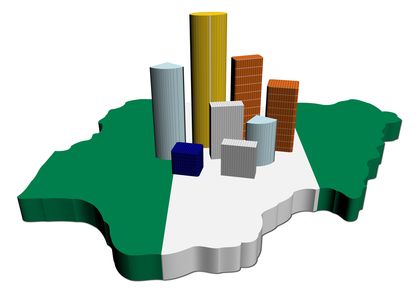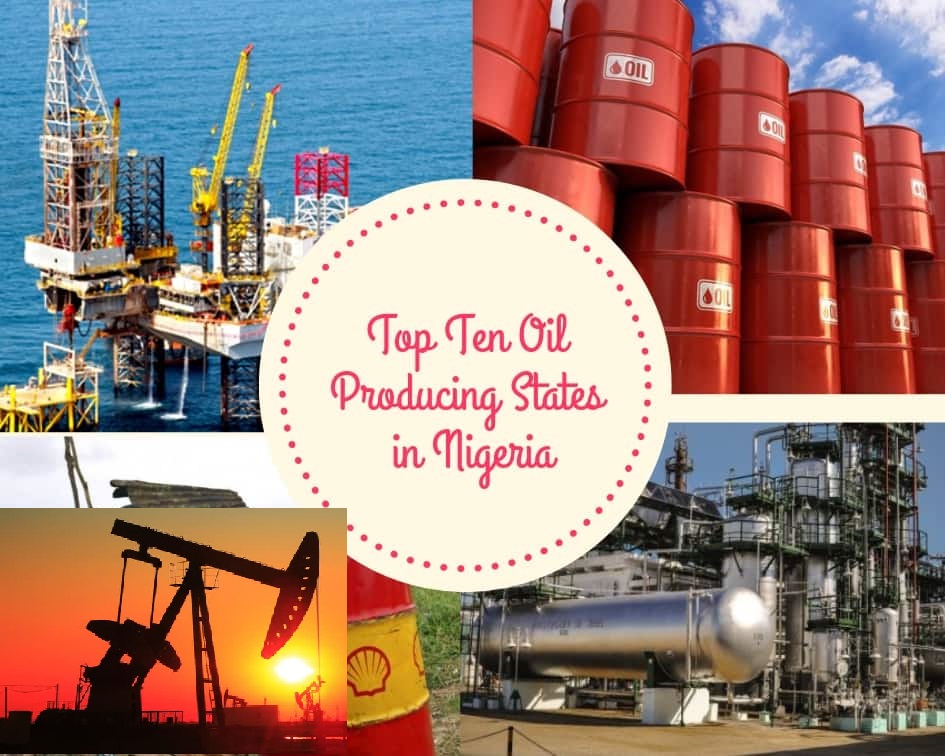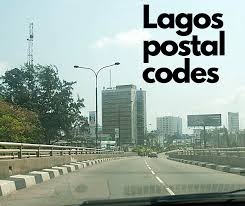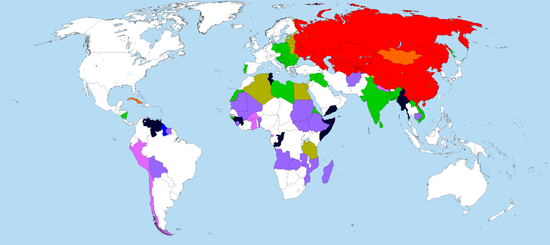Top 15 Factors Affecting Economic growth in Nigeria
Top 15 Factors Affecting Economic growth in Nigeria

Economic development implies an improvement in economic welfare through higher real incomes and other welfare indices such as improved literacy, better infrastructure, reduced poverty and better health care.
Top 15 Factors Affecting Economic growth in Nigeria
Economic development requires a degree of political stability, investment and mixture of public and private initiatives to increase economic potential. Here is a list of 15 factors affecting Economic growth in Nigeria:
-
Corruption
In Nigeria, corruption occurs in many areas but the most common is corruption of government officials. Newspaper reports quoting EFCC, give large figures of amounts past government officials have allegedly stolen. Ministries, Directorates and Agencies of government have a staff or two who would disrupt the smooth flow of the system to extort or get bribe from the public for a free service.
These staffs put needless hurdles to delay or make a simple process hard, creates artificial scarcity, make the office environment oppressive, or come late to work so that the people are anxious and ready to part with money to get quick service.
Corruption affects the economy daily making government projects costlier; contractors to do poor jobs, worsening state of infrastructure in the country, and helping unqualified students to gain admission into universities, etc.
-
Red Tape
Red tape makes government slow and costly. It costs much more to get anything done due to red tape in the system. For instance, paying tax is difficult, clearing your goods at the ports is hard, and registering a new business is an uphill task.
In addition, due to the inability of Nigeria to enforce contracts, you cannot move goods freely or trade across the borders easily despite treaties signed with members of Economic Community of West African States (ECOWAS).
Because of the sorry state of service in these government establishments, you cannot celebrate any Ministry, Department or Agency of Government. To confirm this claim, Word Bank’s 2017 Doing Business Index place Nigeria 169 out of 190 countries.
-
Terrorism
Many foreign investors stay away from Nigeria and some of those already in the country end their investments to take them to safe havens.
Nigeria has become notorious for being home to the second most deadly terrorist group in the world next to ISIS. Nigeria has suffered reproach because of Boko Haram who kills and maims innocent citizens in the north-east of the country using suicide bombers.
-
Insurgency
Militancy in the Niger Delta is one of the major factors affecting economic growth in Nigeria.The Nigerian economy depends solely on foreign exchange earnings from the sale of crude oil and gas. Until the country diversified its sources of earning foreign exchange to sectors such as manufacturing, solid minerals, and other services, the country’s economy may not improve totally.
See Also: Top 10 Problems facing Nigeria Economy and Possible solutions
-
Over Dependence on Import
Some Nigerians see use of imported products as status symbol. They believe eating imported corned beef, Uncle Bens Rice, Baked Beans and drinking exotic Wines, identifies them as high-class citizens.
Nigeria imports basic things such as button, thread, matches, torch lights, and tooth-pick, because of this unusual taste and reliance on imported goods for consumption.
Secondly, lack of constant power supply makes importation cheaper for companies like Michelin and Dunlop who now import tyres, than make them in the country.
-
Poor Infrastructure
Poor Infrastructure such as lack of constant power supply and transportation system hinders businesses in Nigeria from doing well. Poor infrastructure doubles the cost of production and sale of finished goods in Nigeria.
The roads need repairs due to destruction caused by haulage of goods by road instead of using train on railways.
-
Inflation
In economics, inflation is simply higher prices due to increase in the supply of currency or credit compared to the ease of access to goods and services, which cause price to rise and lowers purchasing power of people.
In addition, inflation is constant rise of the price of scarce goods and services in the market. When this happens, you buy the same quantity of products you normally buy with large amounts of money.
-
High Interest Rate
High interest rates cause distortions in the economy, reduces growth of business, and stops consumers from borrowing to finance development of real estates, new businesses, personal loans and home improvements.
For example, due to high interest rates prevailing in the Nigeria Financial sector, Small Medium Enterprises (SME’s) are unable to get credit to expand their businesses, and those that wish to start new businesses cannot get loans.
-
Worth of the Naira
The value or worth of the naira is one of the factors affecting economic growth in Nigeria.The worth of the naira to other currencies at any time is vital for easy planning, production and importation of raw materials, and sale of finished goods for all businesses in the country.
The value of the naira depends on the money printed by the government and the measure in supply, whether industries are productive or import dependent, and how manufacturers source raw materials. All these factors affect value of the currency. Also, printing more money lowers its worth or purchasing power.
-
Inability to Process Raw Goods into Finished Products
Inability to process raw goods into finished products is one of the factors affecting economic growth in Nigeria.
This problem is so bad that it costs the country and its farmers, agricultural commodity and solid mineral exporters millions of naira yearly.
-
Government Regulation
Government regulation is important to keep standards that all operators in an industry must follow for the safety of consumers, employees, natural resources and the environment.
Government enforces safety standards so that growth of the economy would not cause environmental damage. Excessive regulation could harm small and medium scale enterprises that are just starting and even big companies and cause a slump in the economy.
-
Social and Political Factors:
Play a crucial role in economic growth of a country. Social factors involve customs, traditions, values and beliefs, which contribute to the growth of an economy to a considerable extent.
-
The Impact of Human Resources
The skills, education and training of the labor force have a direct effect on the growth of an economy. A skilled, well-trained workforce is more productive and will produce a high-quality output that adds efficiency to an economy.
A shortage of skilled labor can be a deterrent to economic growth. An under-utilized, illiterate and unskilled workforce will become a drag on an economy and may possibly lead to higher unemployment.
-
Investment in Physical Capital
Improvements and increased investment in physical capital – such as roadways, machinery and factories – will reduce the cost and increase the efficiency of economic output. Factories and equipment that are modern and well-maintained are more productive than physical labor. Higher productivity leads to increased output.
-
Improvements in Technology
Improvements in technology have a high impact on economic growth. As the scientific community makes more discoveries, managers find ways to apply these innovations as more sophisticated production techniques.
We Believe This Article Was Helpful, Don’t Hesitate To Share This Information With Your Friends On Facebook, Twitter, Whatsapp and Google plus.
Copyright Warning: Contents on this website may not be republished, reproduced, redistributed either in whole or in part without due permission or acknowledgement. All contents are protected by DMCA.
The content on this site is posted with good intentions. If you own this content & believe your copyright was violated or infringed, make sure you contact us via This Means to file a complaint & actions will be taken immediately.



